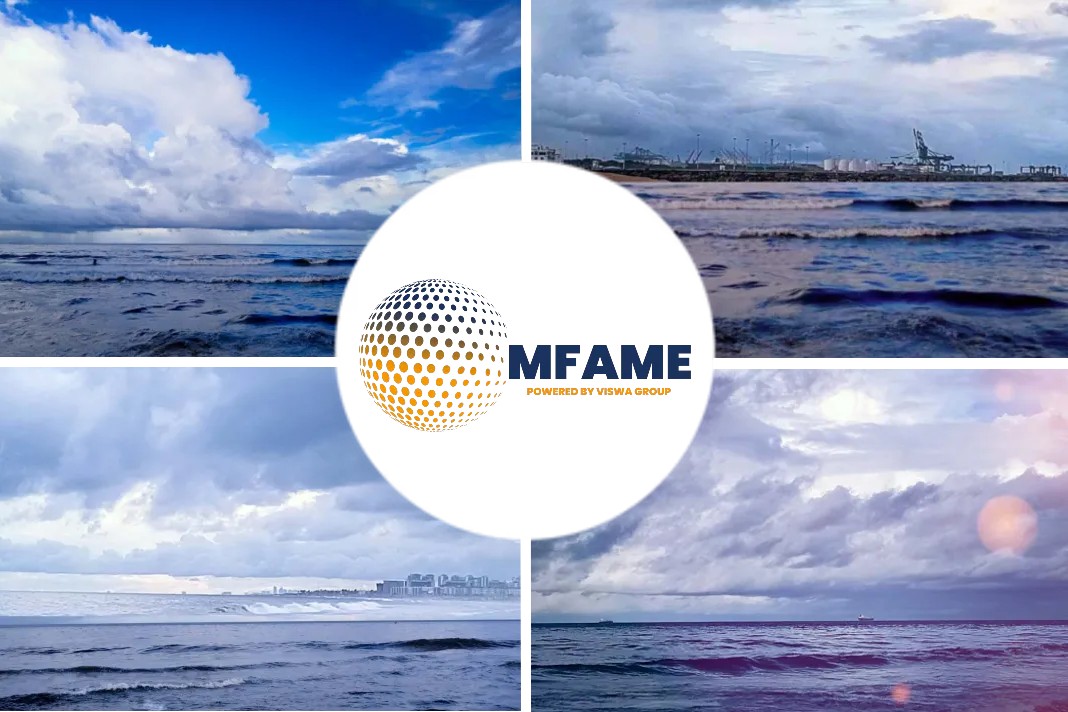- Yara Marine sees 80-90% open loop scrubbers feasible, though a growing number of countries and regions around the world are introducing bans on the same.
- Some studies shown no real environmental impact by open loop bans.
- Few maintain that the effects of wash water have yet to be assessed or may even be harmful, or for reasons other than environmental concern.
- Open loop scrubbers, do not perform effectively in water with low alkalinity, so systems supplying alkali in a closed loop are required.
- International research continues into the effects of scrubber washwater discharge to the sea and the data being collected should be considered to reach consensus.
A growing number of countries and regions around the world are introducing bans on open loop scrubbers. According to Shyam Thapa, Yara Marine Technologies R&D Manager Open loop scrubbers are still viable for 80-90 percent of global marine transport, reports CMJ Reiff.
Exhaust gas emission control company Yara Marine Technologies has examined the ambitions behind the bans on open loop scrubbers, the consequences for stakeholders and the options.
Is there real environmental impact?
“Some studies have shown that open loop bans have no real environmental impact, while others maintain that the effects of wash water on marine life have yet to be assessed or may even be harmful,” Shyam Thapa, Yara Marine Technologies R&D Manager, explained.
Regardless, there are different reasons for enacting bans, according to Thapa.
Water with low alkalinity
Open loop scrubbers, which use seawater in the exhaust cleaning process, do not perform effectively in water with low alkalinity, such as rivers and inland waterways.
“In these areas, systems supplying alkali in a closed loop are required, so open loop bans are largely formalities,” he added.
Some private ports are also enacting open-loop bans, but Thapa observed that this may often be for reasons other than environmental concern.
Yara Marine scrubbers
Thapa believes that a combination of ‘want to’ and ‘need to’ is a likely future scenario on open loop scrubber bans, with flexibility being the common key to ensuring compliance and unrestricted operations.
Yara Marine manufactures both open and closed loop exhaust scrubber systems, and hybrid scrubbers capable of operating in either mode depending on applicable geographical regulations.
“Our estimates for hybrid solutions assume maximum 15 percent of operation time using closed loop mode. But if the vessel is operating in waters where open loop is forbidden, owners either need to be able to operate the scrubber in closed mode or switch over to alternative fuel,” Thapa noted.
Being scrubber smart
For those still pondering their options for scrubber, Thapa says that the main thing is to emphasize that the overall picture is more complex than what is presented in the media. There are many factors in the calculation, and each case is different. There is no blanket solution for every situation.
He explained that vessel specific considerations and trading profiles will determine the choice of solution for many, venturing that the spread of open loop bans could influence more owners to choose hybrid solutions in order to ensure flexible operations for the life of the vessel.
Strengthening research efforts
International research continues into the effects of scrubber washwater discharge to the sea. Several major shipowners have been collecting data from their own fleets as well.
These data should be considered before consensus can be reached on the ultimate consequence of open loop scrubbers for marine environments.
Yara from their part is involved in an ongoing research project with Chalmers University of Technology to combine SOx and NOx gas cleaning in a single system.
Can sludge be used?
The project is also investigating possible industrial uses for exhaust sludge. According to the company, the results could be applicable for both marine and land-based applications, giving the project wider environmental significance.
Yara is also working to solve the issue of particulate matter (PM) from combustion processes. The goal is to reduce harmful PM smaller than 2.5 micron by more than 95%.
Yara Marine Technologies CEO Peter Strandberg encourages further investigation into scrubber options, supported by more hard facts.
Did you subscribe to our daily newsletter?
It’s Free! Click here to Subscribe!
Source: CMJ Rieff
















